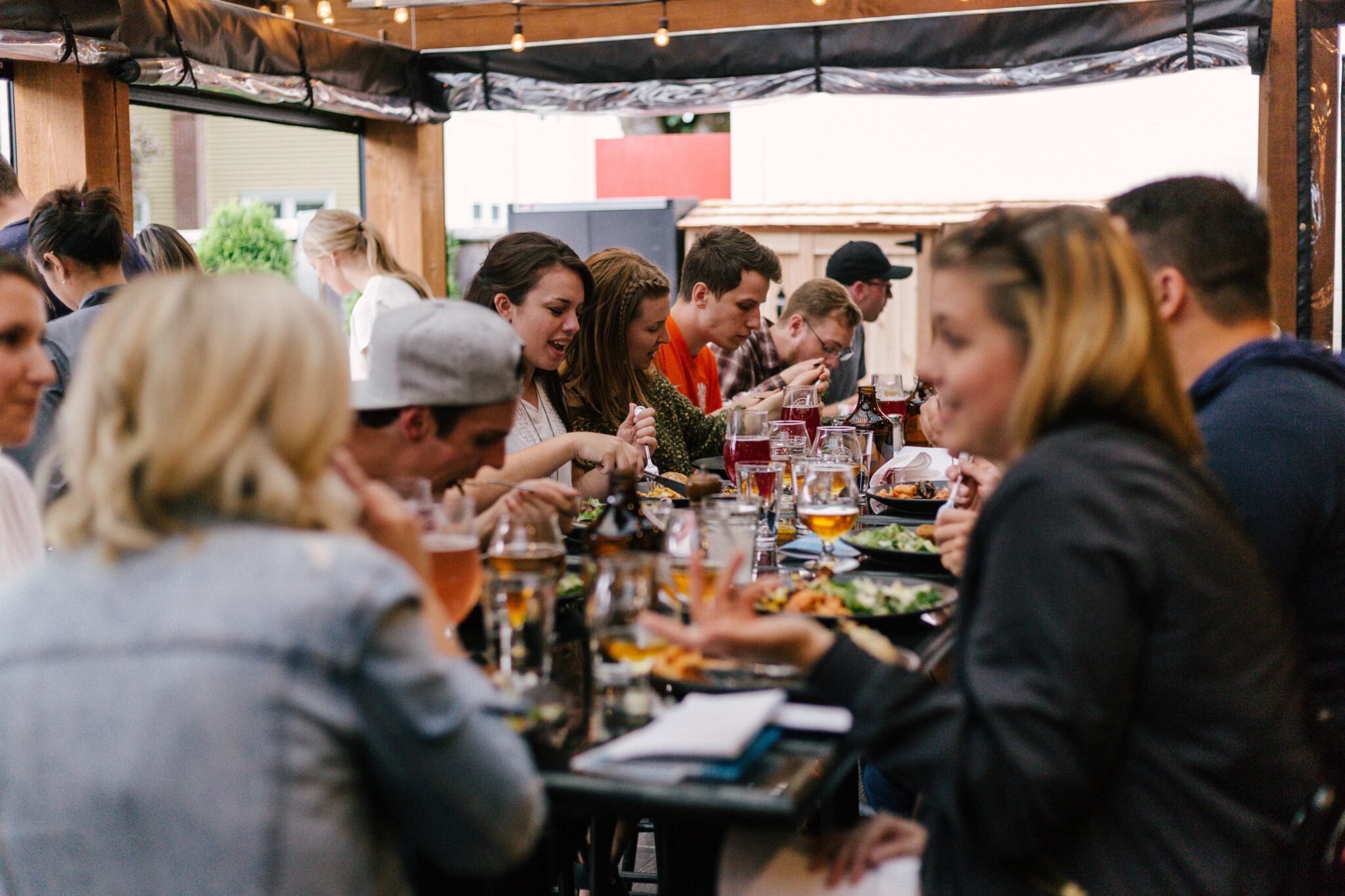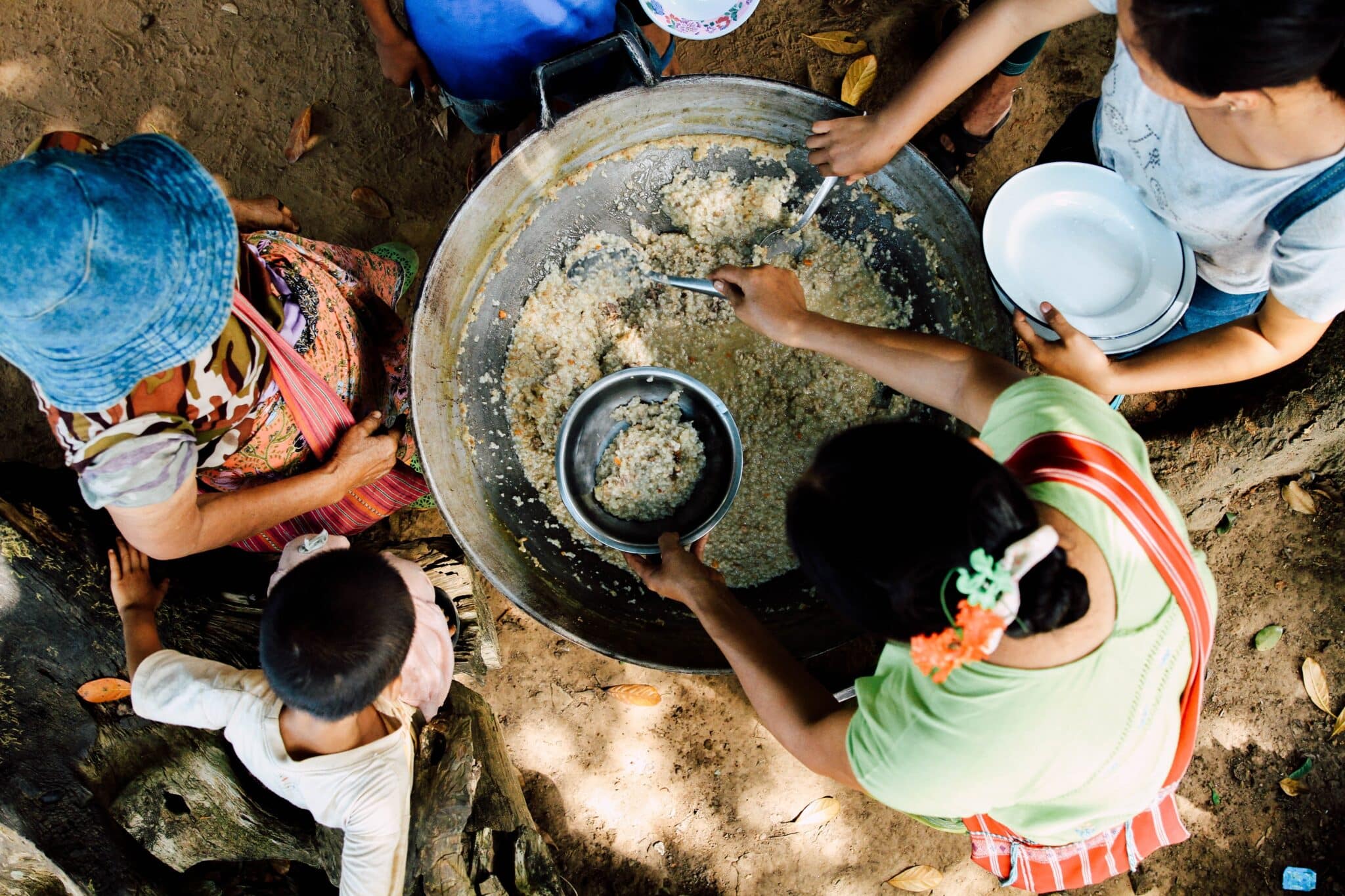
Food & Gratitude
It is good to celebrate those moments where companionship around the table becomes a form of communion, where fantastic food seals friendships, where our vitality and our spirituality truly “wine and dine” together.
Posts from:

It is good to celebrate those moments where companionship around the table becomes a form of communion, where fantastic food seals friendships, where our vitality and our spirituality truly “wine and dine” together.

Eating is not only an individual delight but also, and mainly, a communal experience. Family reunions mean sharing story after story around the table. The food served becomes the backdrop for a renewal of mutual concerns remembered and new events announced. Those of us who have to travel for business may need to eat alone, but may not relish doing so. Travelers often end up at a local hangout not only to order a beer but to find a bartender or other patrons to converse with. Breaking bread with a friend is why I baked that loaf in the first place.

Food is a symbol of our gratitude to God and our mutual appreciation for one another. It is a commodity to share as well as an expression of how much we care. Feeding the hungry is a virtue that must never be forgotten, dining with friends a value we cherish all the more. It is good to celebrate those moments—rare as they may be—where companionship around the table becomes a form of communion, where fantastic food seals friendships, where our vitality and our spirituality truly “wine and dine” together.

Christianity is one religion that places upon us the obligation to care for the least of our sisters and brothers here on earth if we want to share the banquet the Lord of hosts has prepared in heaven for those who believe. The image of an overflowing cornucopia reminds us that eating ought to be not only an obligation but a celebration. Such a table is a sign of hospitality. When a cook prepares everything from scratch for her guests, no one doubts the efficacy of her loving care for each ingredient.

We need to reawaken the art and discipline of what it means to “taste and savor.” Instead of swallowing our food almost whole, we may have to ruminate upon it as we ought to do with a favorite text. When a dish is as delightful to see as it is to eat, it ought not to embarrass us to ask for a second helping. Rather than rushing to leave the table, we may discern that slower eating is as necessary for bodily nourishment as slower reading is for spiritual enlightenment.